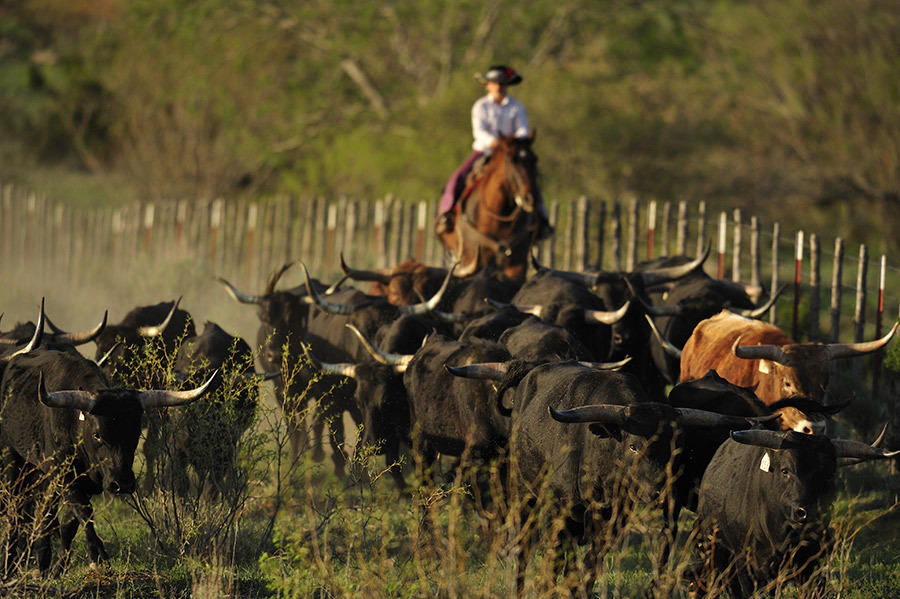



Russia Reacts to Sanctions With Food Imports Ban
RUSSIA - Russia's president Vladimir Putin has announced a ban on imports of agricultural and fishery products from the US, EU, Canada, Australia and Norway in reaction to sanctions imposed against it by these countries.The Russian government has today (7 August) approved a list of food products which are included in the ban.
Imports of beef, pork, poultry, fish, cheese, milk, fruits and vegetables from the US, EU, Canada, Australia and Norway will therefore be banned for a year from today, said Russia's Prime Minister Dmitry Medvedev.
However, Mr Medvedev assured that baby food and products bought whilst visiting these countries would not be included in the ban.
The Russian government noted that it may remove these sanctions if the countries involved show a constructive approach on co-operation.
Mr Medvedev further stated that Russia had no option but to enforce this ban on agriculture and fishery products as it must protect the economic security of the country.
The official Executive Order On Special Economic Measures to Protect the Russian Federation’s Security was signed by President Putin and took effect immediately.
The Russian Ministry of Agriculture is expected to work with agriculture producers associations
to develop a set of measures aimed at increasing the supply of agricultural products to avoid price increases.
Bob Stallman, President of the American Farm Bureau Federation, stated: “This is clearly a political move. It is unfortunate that the biggest losers in this will be Russian consumers, who will pay more for their food now as well as in the long run.
“America’s farmers and ranchers would have been more surprised if Russia’s leaders had not announced bans and restrictions on food and agricultural imports. They do so regularly for seemingly small reasons and now they have to deal with sanctions imposed by our nation and others.”
White House spokeswoman Laura Lucas Magnuson said: "Retaliating against Western companies or countries will deepen Russia's international isolation, causing further damage to its own economy."
Increase in South American Exports
Alongside the ban on agriculture and fishery products from the US, EU, Canada, Australia and Norway, Russia has also being talking with some South American countries to increase exports.
Mr Sergei Dankvert, chairman of the Russian-Ecuadorian and Russian-Chilean intergovernmental commission on trade and head of Rosselkhoznador noted that there is now a very favourable opportunity to increase the volume of food products such as seafood, fruits and vegetables from Ecuador to Russia.
Ecuador is also ready to export dairy products to Russia which included powdered and condensed milk and cheeses.
Speaking with Chile, Mr Dankvert stated that Chile can greatly increase exports to Russia of vegetables, fruits, fish, dairy products and meats of all kinds.
The volume of fish supplied to Russia by Chile can now increase from 53,000 tons to two or three times the volume.
There is also a demand on the Russian market for Chilean dairy products.
Brazil has also recently expressed interest in expanding the supply of meat and dairy products to the Russian market and the Rosselkhoznadzor considers it possible to cancel the temporary restrictions that are on a number of Brazilian meat producing companies.
Lucy Towers
News Team - Editor
After graduating from The University of Sheffield, Lucy joined 5M in 2011 as part of the News Desk team. In 2012, she was promoted to editor of TheFishSite. With previous farming experience and a love for the great outdoors, Lucy has a passion for wildlife and the environment.



